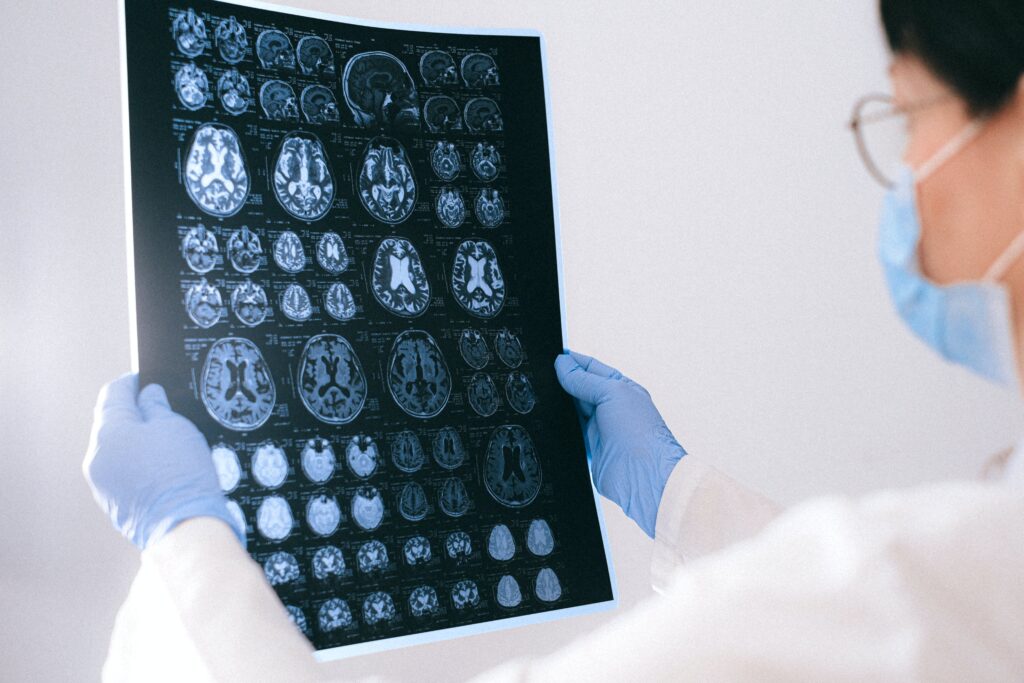Introduction: The world of autism research is continually evolving, uncovering new insights into the complex nature of autism spectrum disorder (ASD). One particularly fascinating area of study is the gut-brain connection and its potential role in the development and management of autism. In this blog post, we’ll delve into the intriguing relationship between the gut and the brain in autism and explore how this connection is shedding light on the condition’s origins and potential treatment approaches.

The Gut-Brain Connection: The gut and the brain are more closely connected than we once thought. Recent research has revealed the existence of the gut-brain axis—a bidirectional communication system between the gastrointestinal (GI) tract and the central nervous system. This connection plays a pivotal role in various aspects of our health, including mood, behavior, and even cognitive function.
Gut Microbiome and Autism: One exciting area of research is the gut microbiome—the trillions of microorganisms that inhabit our digestive tract. Studies have shown that individuals with autism often have differences in their gut microbiome composition compared to neurotypical individuals. These differences have prompted researchers to explore whether alterations in the gut microbiome might contribute to autism symptoms.
The Immune System’s Role: The gut is a significant player in the immune system, and immune dysregulation is commonly observed in individuals with autism. Researchers are investigating whether the gut’s influence on the immune system could be a contributing factor to the development of autism.
Inflammation and ASD: Chronic inflammation in the gut has been linked to various neurological and behavioral conditions, including autism. Understanding the role of inflammation and its potential triggers in the gut is a critical focus of research in this field.
Diet and Gut Health: Dietary choices can profoundly impact the gut microbiome. Some families have reported improvements in their child’s autism symptoms with dietary changes, such as gluten-free or casein-free diets. Research is ongoing to determine the effectiveness of dietary interventions and their connection to the gut-brain axis.
Potential Treatment Approaches: The gut-brain connection is opening up new avenues for potential treatments for autism. These include probiotics and prebiotics, dietary modifications, and therapies aimed at restoring a balanced gut microbiome.
Conclusion: The gut-brain connection in autism is an exciting and rapidly evolving field of research. While there is much still to learn, these findings offer hope for a deeper understanding of autism’s origins and novel treatment approaches. As science continues to unravel the mysteries of the gut-brain axis, individuals with autism and their families may one day benefit from interventions that target the gut to support their overall well-being and development. Stay tuned for further breakthroughs in this promising area of autism research.
Gut-Brain Connection in Autism
For more information and resources on autism, visit our website at www.fsautismcen.org. Together, we can navigate this journey with knowledge, understanding, and unwavering support.

